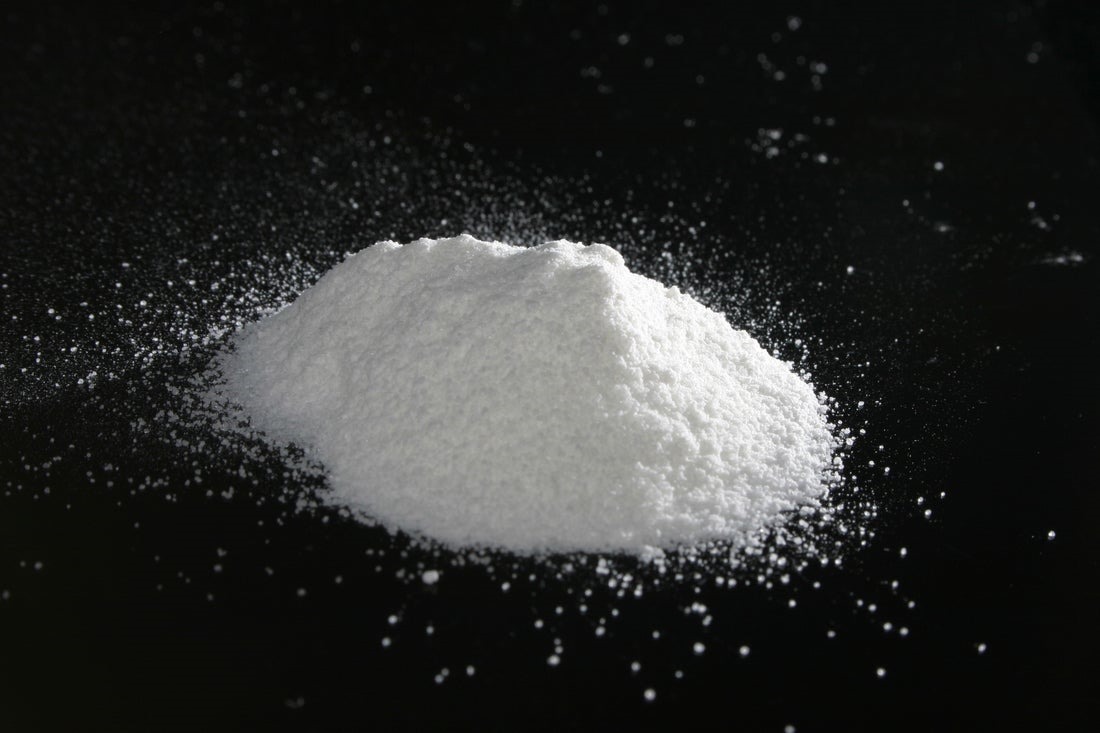
Introduction to Hydroxyethyl Cellulose
Hydroxyethyl Cellulose (HEC) is a non-ionic, water-soluble polymer derived from cellulose. It is widely recognized for its versatility, thickening properties, and ability to retain moisture. As industries continue to seek more sustainable, high-performing materials, Hydroxyethyl Cellulose has emerged as a leading solution across multiple sectors, including pharmaceuticals, cosmetics, construction, and more.
At KIMA CHEMICAL CO., LTD, we specialize in producing and supplying high-quality Hydroxyethyl Cellulose tailored to meet the diverse needs of global industries. Our expertise and commitment to quality make us a trusted supplier in the chemical sector.
What is Hydroxyethyl Cellulose?
Hydroxyethyl Cellulose is produced by chemically modifying natural cellulose through the introduction of hydroxyethyl groups. This modification enhances its water solubility and compatibility with various ingredients, allowing it to perform exceptionally in aqueous solutions.
Key Properties of Hydroxyethyl Cellulose
- Water solubility: Dissolves easily in hot or cold water
- Non-ionic nature: Compatible with a wide range of additives and surfactants
- Thickening agent: Offers excellent rheology control
- Film-forming ability: Useful in cosmetic and pharmaceutical applications
- pH stability: Effective over a broad pH range
Hydroxyethyl Cellulose in Personal Care Products
One of the most prominent uses of Hydroxyethyl Cellulose is in the personal care and cosmetics industry. Its ability to thicken and stabilize formulations while providing a pleasant texture makes it a preferred choice for formulators.
Applications in Cosmetics
- Shampoos and Conditioners: Adds viscosity and enhances the user experience
- Lotions and Creams: Improves consistency and stability
- Gels and Serums: Provides excellent clarity and smooth texture
Thanks to its non-irritating, non-toxic nature, Hydroxyethyl Cellulose is safe for daily use in personal care items.
Pharmaceutical Applications
In pharmaceuticals, Hydroxyethyl Cellulose is used both as an excipient and a drug delivery agent. It plays a critical role in controlled release formulations and topical products.
Medicinal Uses
- Oral medications: Acts as a binder and thickener
- Topical formulations: Provides moisture retention and smooth application
- Suspensions: Helps stabilize active ingredients
As a pharmaceutical-grade material, Hydroxyethyl Cellulose meets stringent quality standards, ensuring safety and efficacy in medical formulations.
Hydroxyethyl Cellulose in Construction
In the construction industry, Hydroxyethyl Cellulose is widely used in cement-based and gypsum-based materials. Its thickening, water retention, and workability-enhancing properties are essential in modern building formulations.
Construction Product Applications
- Tile adhesives: Enhances open time and sag resistance
- Cement renders and plasters: Improves consistency and workability
- Joint fillers: Prevents cracking and enhances smooth application
Hydroxyethyl Cellulose ensures better performance and efficiency in various construction materials, making it indispensable in modern building technologies.
Paints and Coatings
Another important area where Hydroxyethyl Cellulose excels is in the paints and coatings industry. It is used primarily for viscosity control, pigment suspension, and improved brushability.
Functional Benefits
- Thickening agent: Improves product application and coverage
- Suspension aid: Keeps pigments evenly distributed
- Film former: Enhances durability and finish quality
By using Hydroxyethyl Cellulose, manufacturers can produce high-performance coatings that meet modern aesthetic and functional requirements.
Oilfield Chemicals and Drilling Fluids
The oil and gas sector also benefits from the unique properties of Hydroxyethyl Cellulose, particularly in drilling, cementing, and completion fluids.
Key Advantages
- Viscosity control: Maintains optimal fluid flow
- Fluid loss reduction: Prevents formation damage
- Thermal stability: Performs under extreme conditions
With its reliability and versatility, Hydroxyethyl Cellulose is a vital additive in oilfield operations, contributing to efficiency and safety.
Household and Industrial Cleaners
In detergents and cleaning products, Hydroxyethyl Cellulose acts as a thickening and stabilizing agent. It ensures uniformity and enhances the end-user experience.
Applications in Cleaners
- Surface cleaners: Improves viscosity and product appearance
- Detergents: Enhances performance and consistency
- Industrial degreasers: Stabilizes emulsions and boosts effectiveness
Its compatibility with surfactants and active ingredients makes Hydroxyethyl Cellulose an excellent choice for both household and industrial formulations.
Agricultural and Other Industrial Uses
Hydroxyethyl Cellulose is also employed in agriculture and specialty industrial applications. Its versatility allows it to be used as a binder, film former, and water-retaining agent.
Specialty Applications
- Seed coatings: Enhances germination and nutrient delivery
- Fertilizer stabilizers: Improves product handling
- Textile printing: Acts as a thickener for dyes and pigments
With wide-ranging applications, Hydroxyethyl Cellulose is a key ingredient across industries striving for improved performance and environmental compatibility.
Why Choose KIMA CHEMICAL as Your Hydroxyethyl Cellulose Supplier?
At KIMA CHEMICAL CO., LTD, we take pride in offering high-purity Hydroxyethyl Cellulose that meets international standards. Our customers trust us for consistent quality, timely delivery, and technical support tailored to their specific needs.
Our Advantages
- Reliable supply chain: Ensuring availability and fast turnaround
- Customized solutions: Tailored grades to meet application-specific requirements
- Technical expertise: Supporting product development and optimization
Partnering with KIMA CHEMICAL means gaining a dependable supplier with a commitment to innovation, sustainability, and customer satisfaction.
Conclusion
Hydroxyethyl Cellulose is a highly versatile and valuable material with broad applications across industries including personal care, pharmaceuticals, construction, paints, oilfield operations, and agriculture. Its unique properties—such as thickening, water retention, film formation, and compatibility—make it indispensable in modern formulations.





